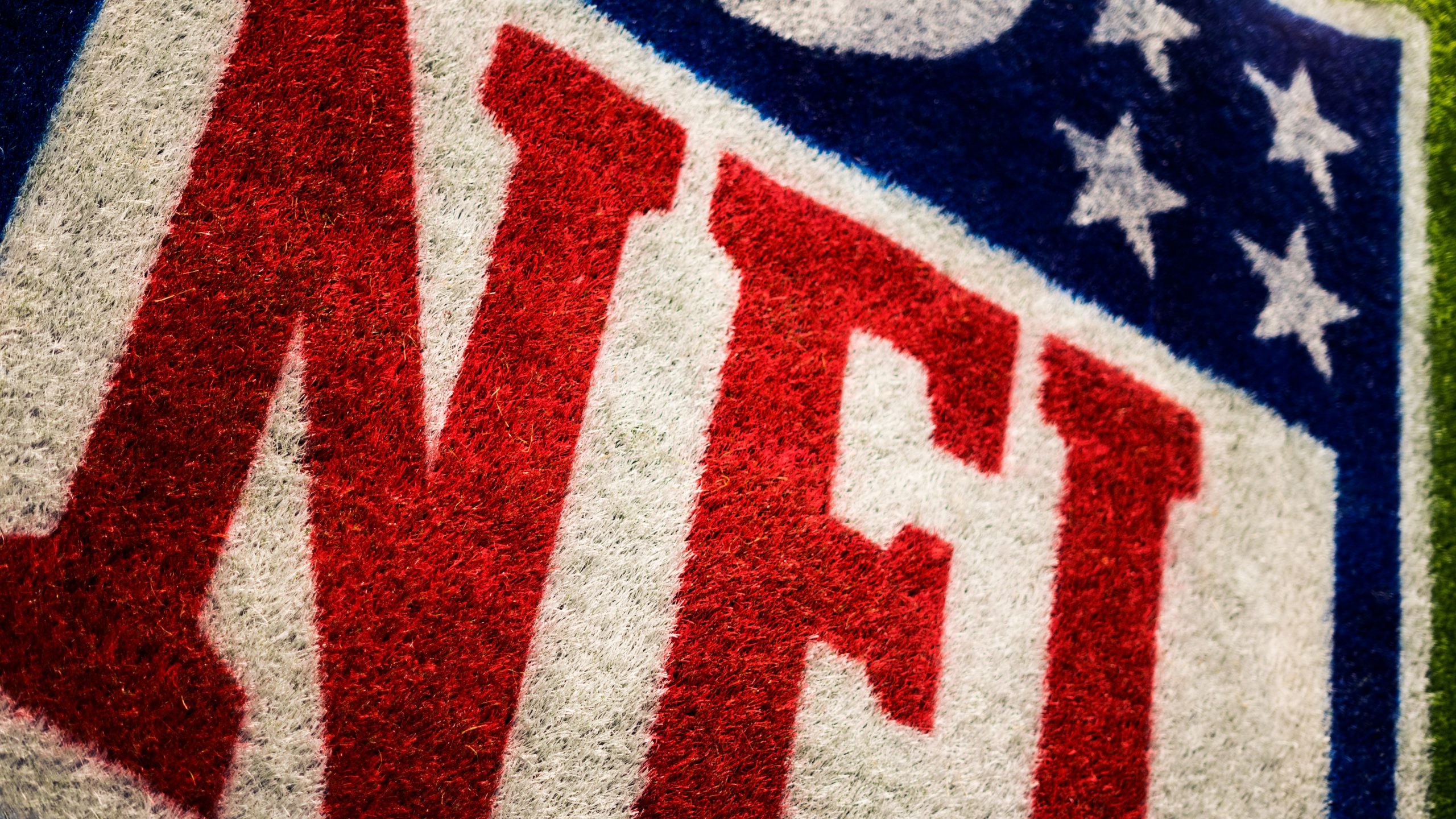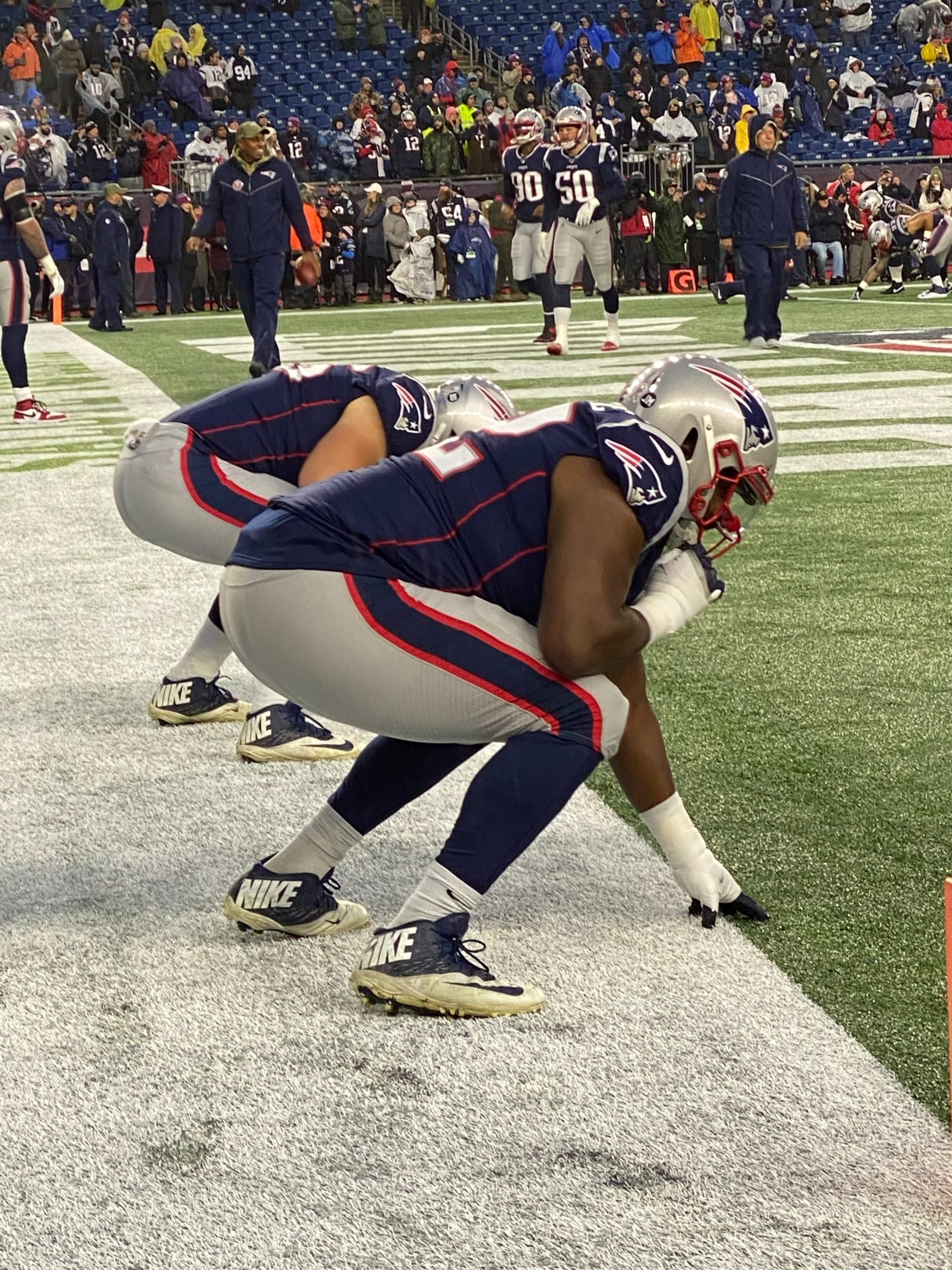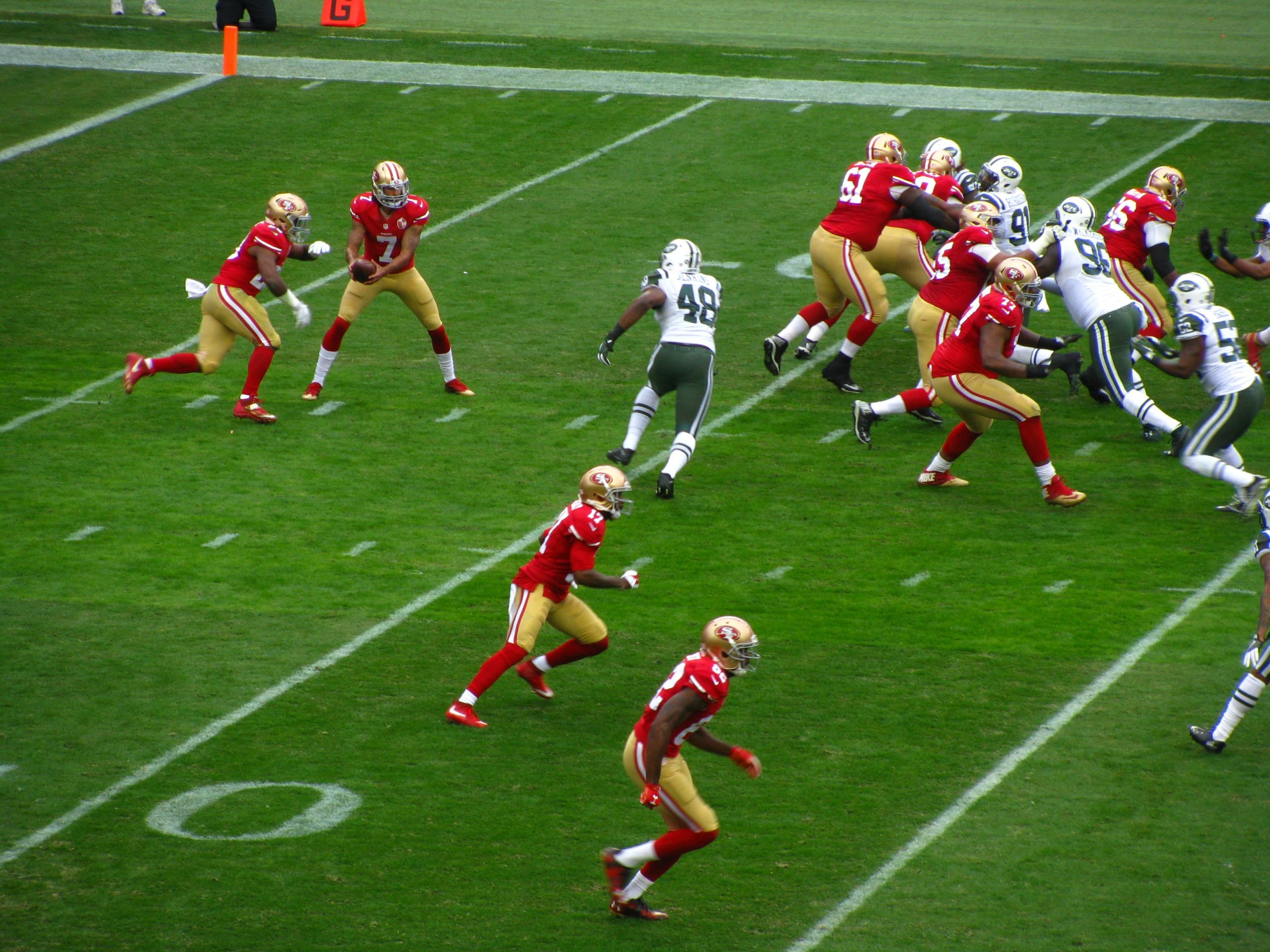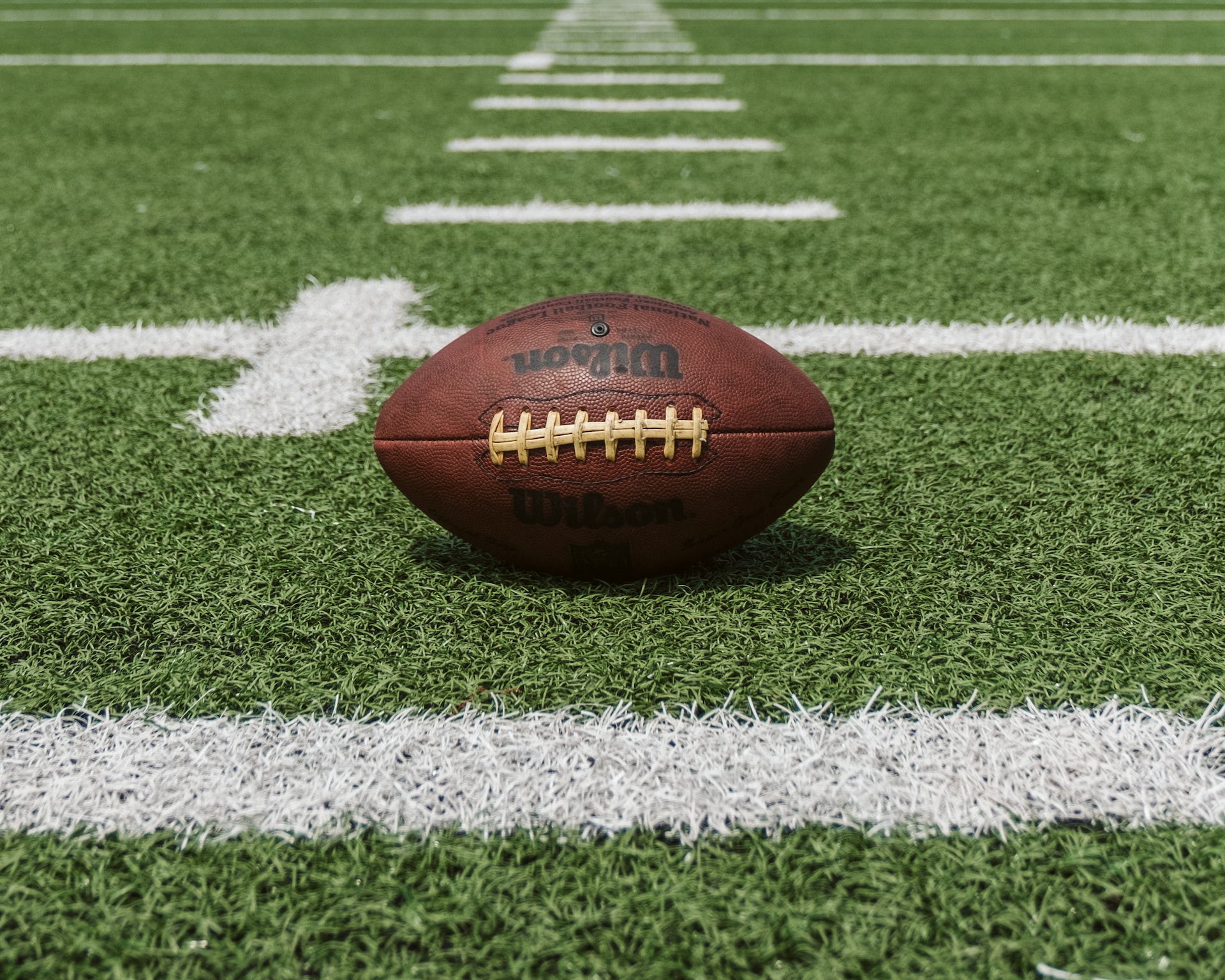When we’re talking about sports betting, it’s really easy to figure out what is the most popular. It’s directly correlated to the popularity of the sport. In the US, the NFL has surpassed all others by a significant margin. We can debate why this is, but that’s probably a topic to tackle another time.
Now, the NFL is the sport most bets are placed on, however, all those numbers get bumped when the playoffs come around. Unlike other major sports that require teams to win a series to advance, in the NFL everything is decided in one game, and as we all know, anything can happen in one game. That makes placing bets riskier, and thus more profitable.
There are a couple of ways you can bet on the playoffs and some of them differ from the regular season we’ll go over all of them, so nothing can surprise you.
NFL Playoffs

Before we go into all the details about how odds work, let’s quickly run through how the playoffs themselves work.
Out of 32 teams in the league, 14 qualify for the playoffs, 7 from each conference. The 7 teams in a conference consist of 4 division winners and an additional 3 teams that have the best score, regardless of division. In both conferences the top seed has a bye week for the first round of the playoffs, while others battle it out in the wild-card round – the division winners have home-field advantage regardless of their score compared to the 3 non-winners.
The divisional round pairs the top seeds with the lowest seeds respectively – the no. 1 seed gets the lowest ranked team, the second highest gets the second lowest, etc. Naturally, the top-seeded teams again get home-field advantage.
After the divisional round, there are only four teams left, which are one step removed from a trip to the Super Bowl – the AFC and NFC championship games are hosted by the better seed of the two teams. Finally, the winners advance to the Super Bowl, which is held at a neutral site, determined a couple of years in advance (this season, it’s held in Arizona).
Usually, the longer you go into the playoffs the harder it is to predict the result because the differences between teams get smaller and smaller, but that also means there’s potential for greater payouts.
Betting in the Playoffs

As we’ve already mentioned the way you can bet in the playoffs is the same as in the regular season, only with higher stakes. We’ll quickly go over all the ways odds are displayed, so you’ll fully understand NFL betting lines playoffs.
Moneyline Betting
Moneyline betting is rather simple to understand. You’re betting on an outcome of a game, more precisely who you think will win. Apart from successfully guessing who’ll win the game, no other factors are taken into consideration (like total score, individual performance, etc.), you just need to predict that one thing.
As with any other sport, there will always be a favorite and an underdog, and moneyline odds reflect this. You’ll have two teams and each will be assigned a number, the favorite will get positive or “+”, while the underdog will get the negative or “-”. You’ll need to look at those numbers to know how much the payout will be, in case you win.
In practice, team A, the favorite, has -120 odds. This means that you’ll need to bet $120 to get $100 in return, making your total payout $220. On the other hand, team B, the underdog, has +130 odds, which tells you that if you bet $100, you’ll get back $130, for a total of $230. Naturally, these odds will scale your winning depending on the amount you bet (this is a rather simple example), but the principle is always the same.
Point Spread Betting

Probably the most popular way to bet on an NFL game, point spreads look to even the playing field between the two teams – depending on if a team is the favorite or the underdog points are subtracted or added to their final score. This means that a favorite will have to not only win but also cover the point spread (subtracted points) for you to win your bet. On the other hand, if you bet on the underdog, they can even lose in the game they’re playing, as long as they “win” with the point added to them by the spread.
To make it easier to understand here’s an example. The moneyline is very much not in favor of Team A, which is a clear-cut favorite to win against Team B (-35, for example). That makes betting on the favorite, not a really good option. You’ll either win very small, or you’ll lose if there’s an upset – neither of which is that appealing. At the same time, there’s so little chance for an upset that nobody is betting on that outcome either. To make the game more appealing, the point spread added to the matchup is +/- 7. This will make the moneyline much more realistic (-105, for example), but the favorite will have to win by at least 8 points for your payout. Consequently, Team B, the underdog will have their moneyline reduced, but with an added 7-point cushion now looks like a viable betting option.
Totals Betting (over/under)
Unlike the two previously mentioned ways of betting, here you won’t be betting on a winner, but on the total number of points scored in the match. NFL betting lines playoffs are created by experts. They predict the most likely outcome, more precisely, the total number of points You can bet if the actual points will go over, or under the designated number, hence – over/under.
Odds for either option will always be the same because the specified total number you’re basing your bet on will vary. High-octane offenses will pump up the number in the mid to high 40s, while defensively-minded teams will leave it in the low to mid-30s.
It’s very important to note that the total will always end with .5 to always ensure an over/under bet goes through. If it were a whole number, there’s always a chance the bet would equal the actual result, making the bet void. A binary outcome is crucial for total betting.
Prop Betting
Prop bets can be considered an advanced form of betting, because, again, you’re not betting on a team to win. In fact, you aren’t even betting on a team at all. You’re betting on an event, or events that happen in a game, performed by an entire unit, or an individual player.
This might sound a bit abstract when you hear it phrased like this, but a few examples will probably make it much easier to understand, so here are a few examples of prop bets:
- The number of sacks in a playoff game
- The number of made/missed field goals in a playoff game
- The number of touchdowns/catches/yards a specific player will have through the playoffs
- Who will score the first points in a playoff game
These are just some common examples, but it can get much wilder, to the point you’re betting on the number of times an announcer mentions a specific player, or who wins the coin toss.
As you would expect with such complex bets, odds are calculated individually for each bet. Many factors go into such odds, making them more favorable to standard NFL betting lines playoffs, so there’s an opportunity for those bold enough to take advantage.
Parlay Betting

The easiest way to understand parlay bets is to think of them as group bets. You’ll be betting on two or more outcomes. In the wild-card round, there’ll be the most matchups you can put together on the same bet, but as they move forward the opportunities dwindle simply because there aren’t as many games happening in the later rounds.
Since it’s more difficult to correctly guess the outcome of several games compared to one you’ll always have better odds on parlay bets than you would on singular bets. Always remember, though, that all your choices must go through, and if only one of your chosen teams doesn’t win, the entire bet falls flat.
Futures Betting
Just as the name suggests, making a futures bet, you’re actually betting on something that might happen down the line but is far off at the time you’re making your bet. In the NFL playoffs, the most popular futures bet is the Super Bowl. You can bet on the participants, or who wins outright while the wild card round still hasn’t begun. That means that, from a purely mathematical standpoint, there’s a 1 in 7 chance the team even makes it to the Super Bowl, and an even bigger 1 in 14 chance they win it all. Add to that the potential matchups they have to go through along the way and it’s plain to see how a futures bet is a long shot.
The reason it’s popular, however, is the payout. Because you’re essentially banking on a team to win four games in a row (if we’re talking about a wild card team winning the SB) the odds are very much in your favor, and even small bets will yield significant payouts. Another excellent example of high risk – is high reward.
Live Betting
Placing live bets takes the moneyline, spread, prop, and over/under and jams them all in a single game. You can place any kind of bet we’ve just covered while watching a game – live. The playoffs are a perfect case of constant momentum swings, so the odds are usually good for any type of live bet, with the only trick being speed. You need to be quick when making live bets because the situation can change in an instant.
Summary

The isn’t a special kind of bet you can make in the playoffs that you couldn’t in the regular season, it’s just that the stakes are higher. There’s more risk involved, making the odds better and the payouts higher. NFL playoffs will pump you full of adrenaline as it is, but if you decide to work the odds and up the ante with a bet, or two, it becomes an even more exhilarating experience.
